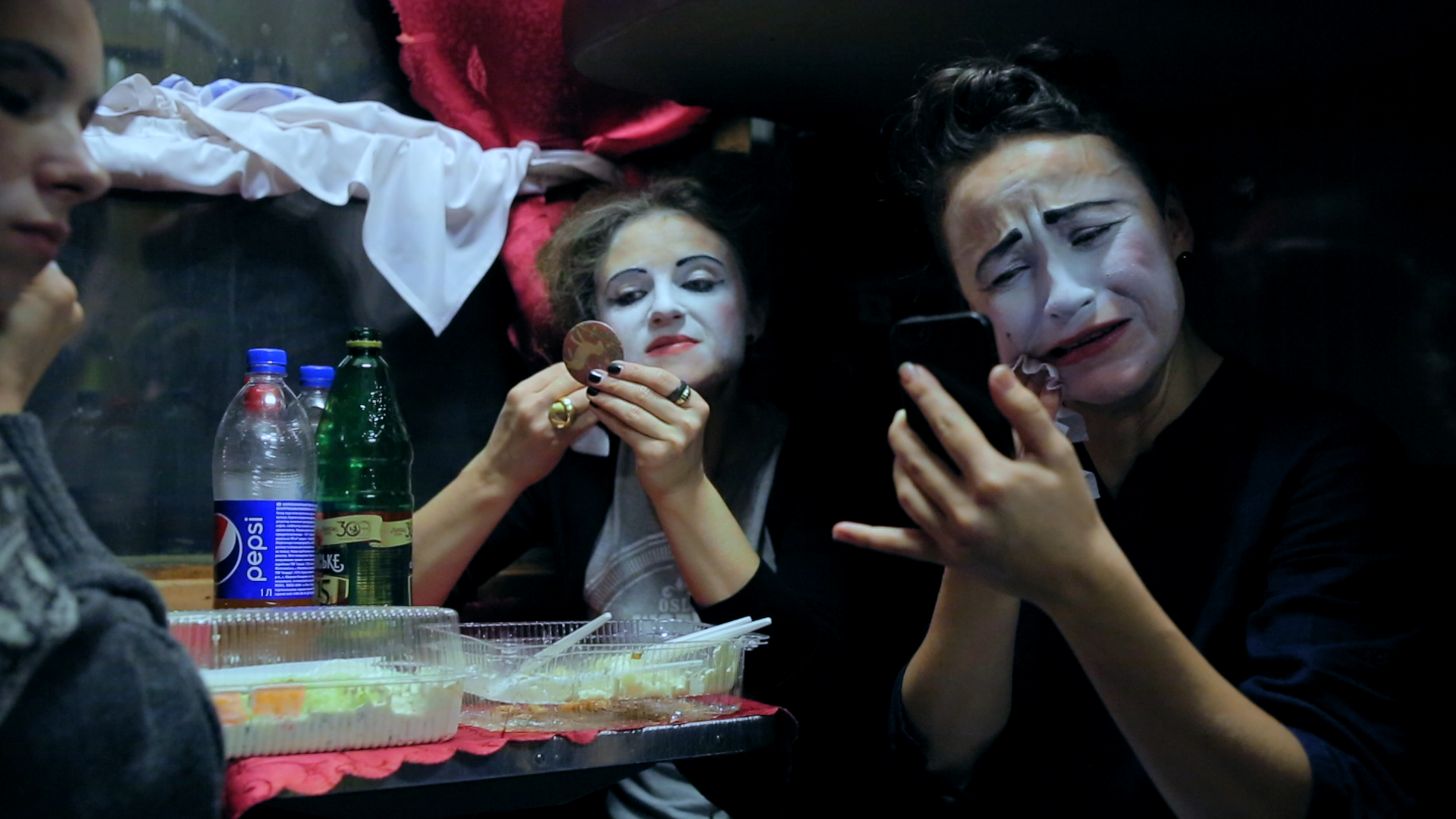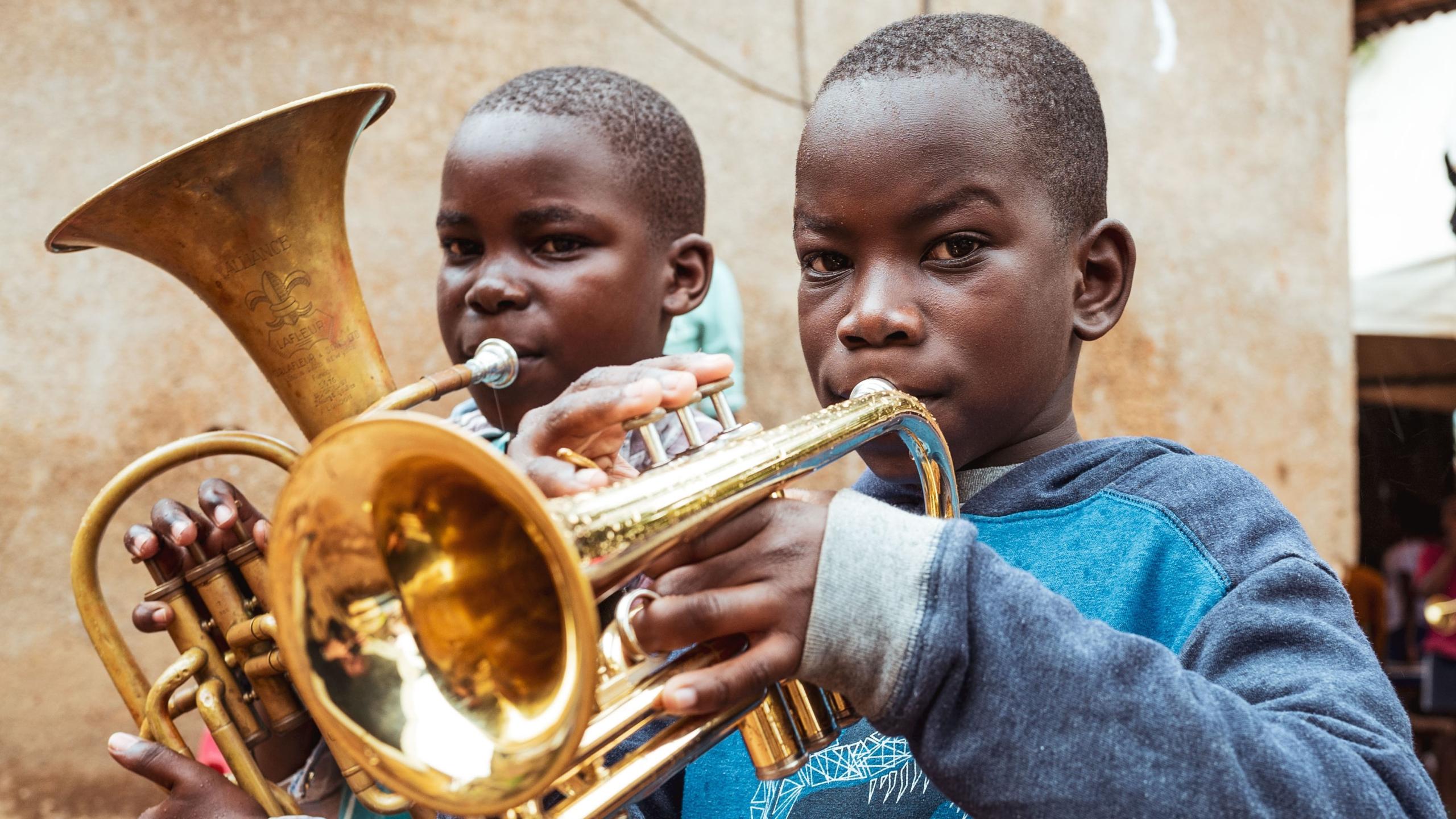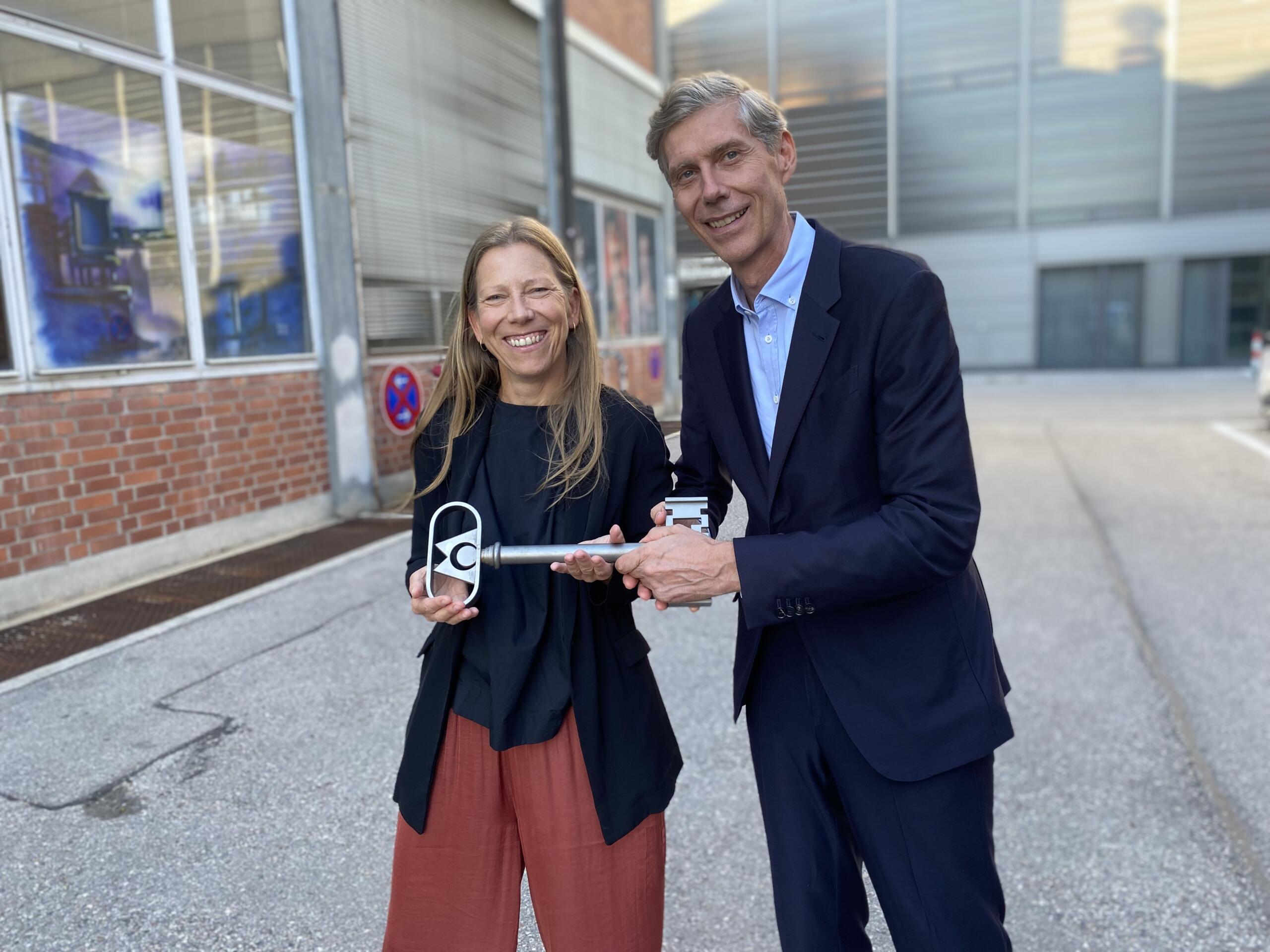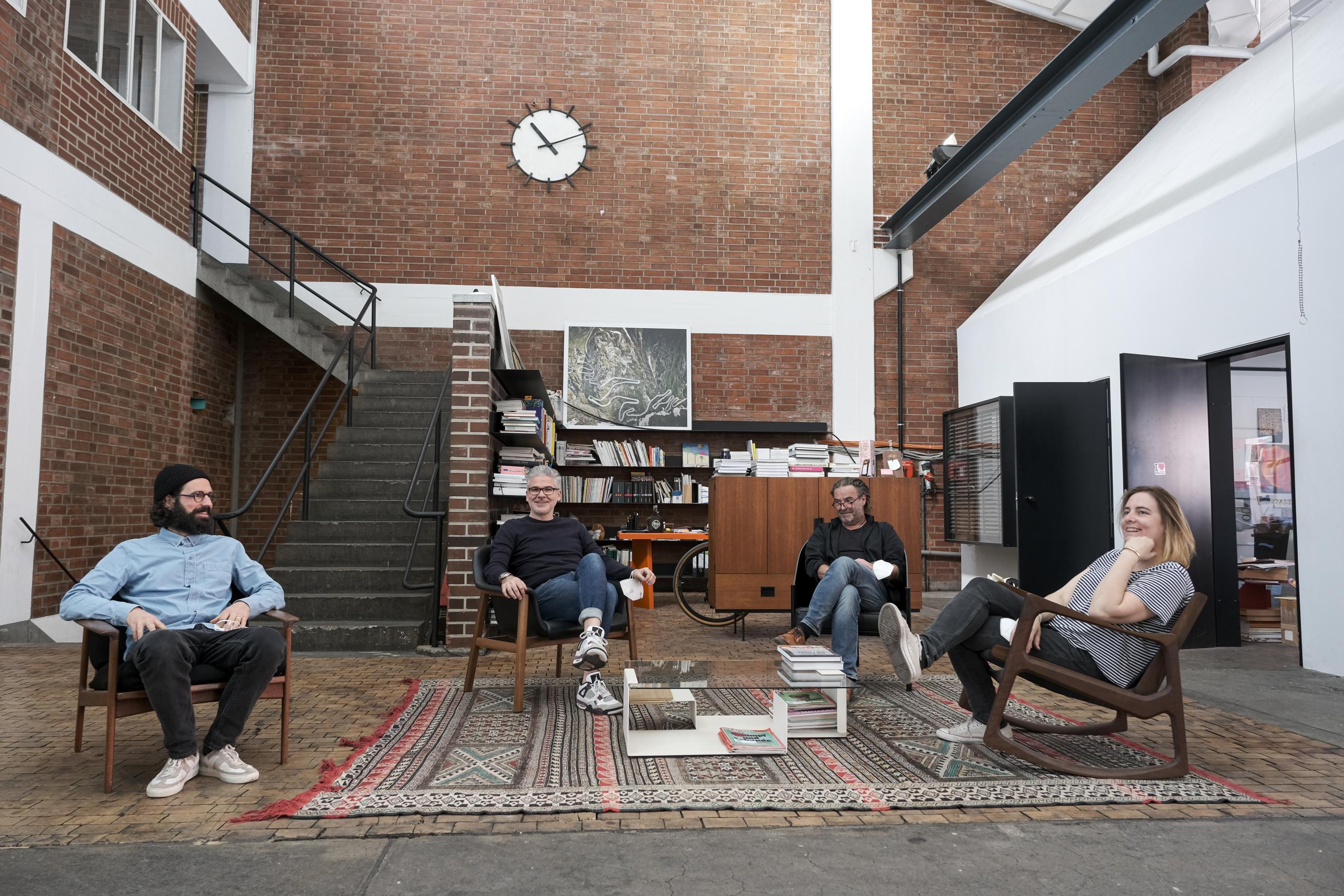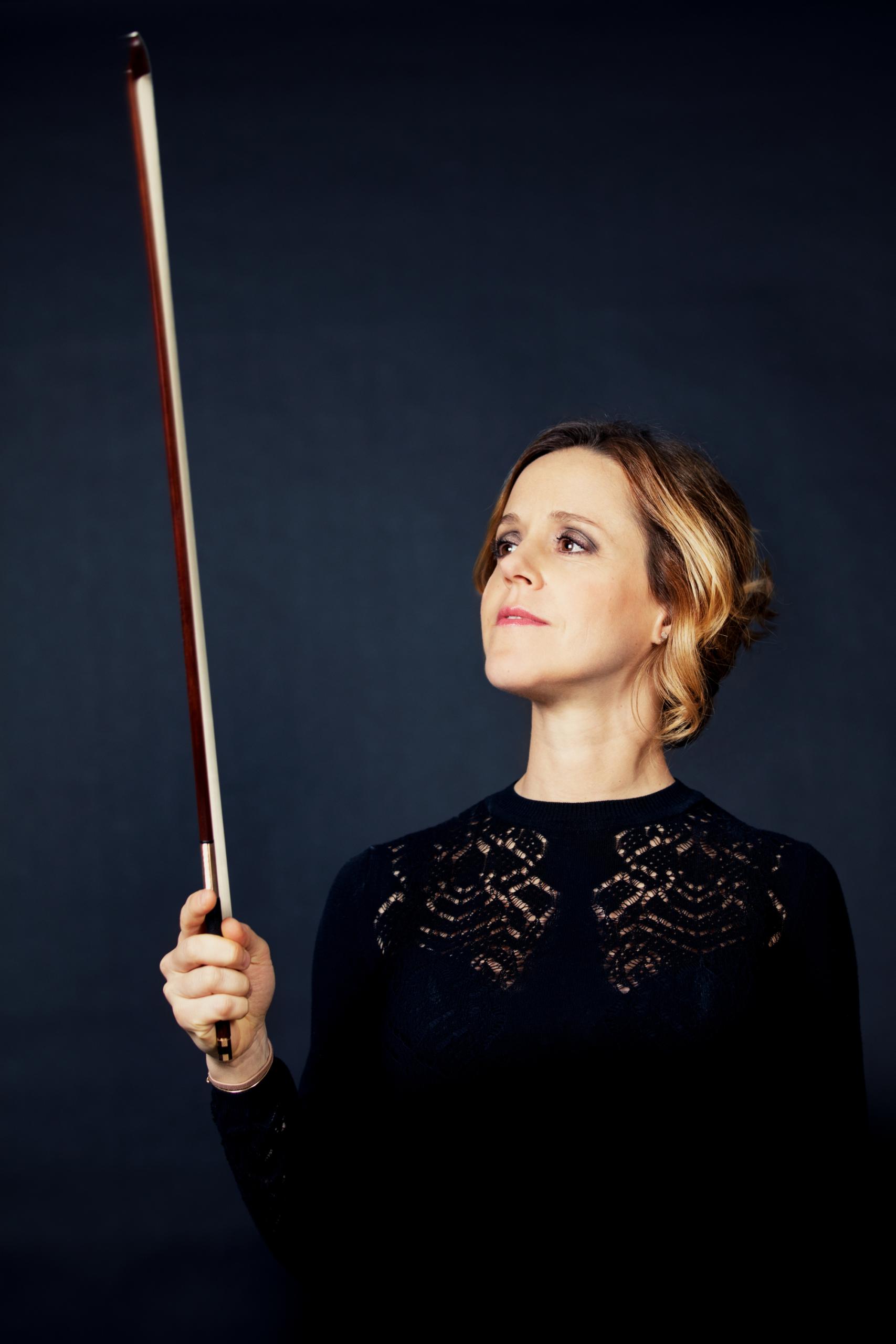A life between air raid sirens and the latest film project
Since Russia invaded Ukraine, a war has raged at the heart of Europe. “Many people outside Ukraine don’t realise that the war didn’t start on 24 February 2022, but back in 2014. Now the situation has just totally escalated,” says filmmaker Irena Stetsenko in a Zoom interview. Like many others, she fled with her two children from her home in Kyiv to the west of Ukraine and is now trying to somehow keep everyday life going – as much as she can in wartime. At the start of our conversation – with her producer Oleksandra Kravchenko interpreting – we have to turn the sound off for a few minutes because the air raid siren is going off in the background. Stetsenko’s debut documentary “Roses. Film-Cabaret”, which was screened in May at the Mittel Punkt Europa film festival and explains that war has been raging in eastern Ukraine for eight years already.

The film spends five years following Ukrainian female punk band Dakh Daughters, who have gained cult status in their home country with their blend of musical cabaret, performance and political activism. “Roses” is a tragicomic musical and is now more on point than ever before. Stetsenko: “The film is like a prequel to current events because it tells the back story about how the Ukrainian nation was reborn in Independence Square. “This knowledge makes us more resilient against the awful war that is currently happening.” As the filmmaker explains, the cinema release of “Roses” was delayed – first by the pandemic and now by the war – but she and her producer are undeterred. “We won’t give up and we want the film to be shown,” she adds.
“We are peacemakers, we are myth creators, all of our performances are therapeutic.”
As the filmmaker explains, culture has been the driving force for change in society throughout history. “Art gives us the strength, the courage and the motivation to be aware of what is happening around us and not to simply be subsumed into the powerless masses.” Songs and performances by Dakh Daughters often blend folk tunes with European contemporary music and cultural phenomena. Their eponymous song “Roses/Donbas”, for example, which alludes to the cultural conflict in the Donbas and which they wrote a year before the Russian invasion, was viewed as a kind of artistic prophecy and became a hit in Ukraine.


The war currently being fought in Ukraine is a European war. Stetsenko says that “Ukraine consciously chose democracy, peace and European values – and those are what we are now fighting for”. Although it’s an abstract goal, the director says that she’s lost all sense of future. Right now, she doesn’t want to leave her country and is working on a new film about a musician; after all, filming goes on, even in wartime, or rather: now more than ever.
Text: Anna Steinbauer
